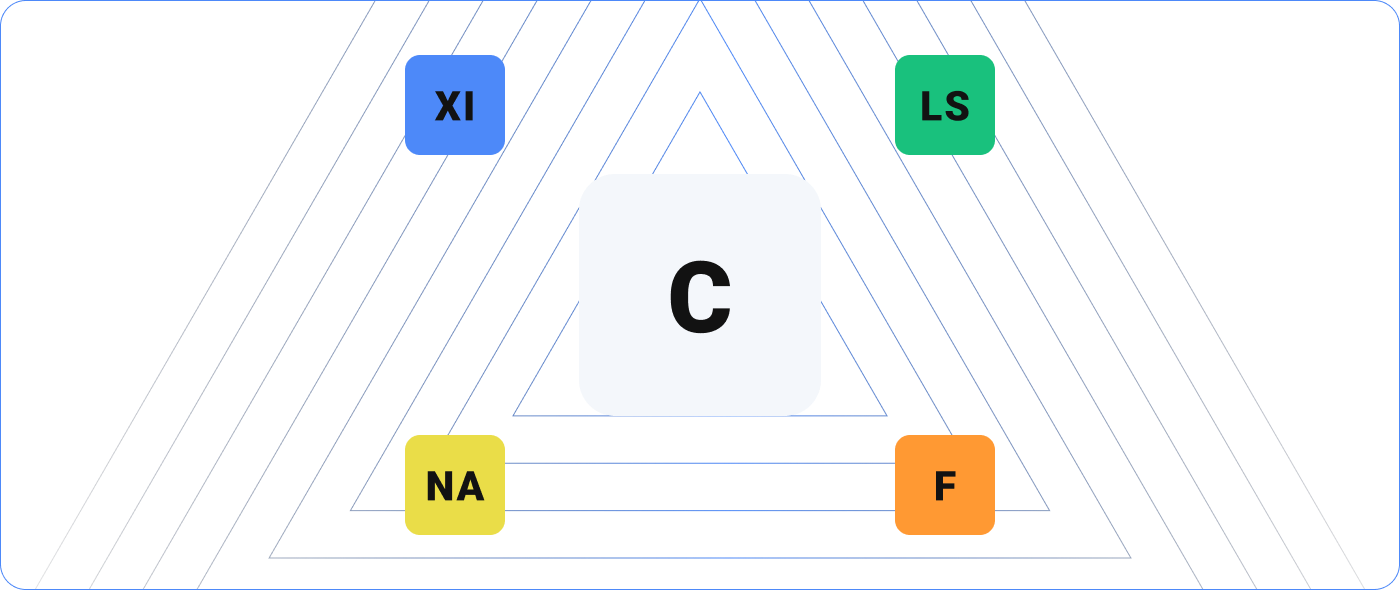In the ever-changing landscape of technology, companies can no longer rely on a simple plan or checklist when it comes to cybersecurity. The sophistication of attackers and the complexity of today’s digital engagement require companies to constantly evolve their strategies. The Nagios Suite can play a critical role in predicting, pointing out, and preventing security issues.
Nagios Log Server and Cybersecurity
Nagios Log Server greatly simplifies the process of searching your log data. Set up alerts to notify you when potential threats arise, or simply query your log data to quickly audit any system. Read on to learn about the three ways Nagios Log Server supports protecting your business: Cybersecurity management can include preventative, reactive, and proactive strategies. Nagios Log Server is an excellent resource for each strategy, as its ease of use combined with powerful performance allows organizations to focus on managing security insight rather than maintaining a reactive state. Nagios Log Server is flexible enough to accept any log data from any device capable of sending it. This includes devices like routers and switches, the Internet of Things (IoT), servers, and workstations. This log data can then be filtered and introduced into various visual dashboards, in addition to being able to alert appropriate staff in real-time.
Preventative
The ability to audit, report, alert, and store massive amounts of granular log data is important for any business, which is why it is a popular solution for businesses that abide by strict compliance regulations. Reporting and alerting is important for access systems, application servers, financial transactions, gateway data, and many other sources of potential liability or vulnerability. Accurate reports and easy export options allow for an audit trail to be produced in just a few moments. User activity logs on a specific workstation, for example, can be narrowed and filtered from all logs to display data relevant to access and permission attempts.
Reactive
Real-time alerting based on specific log data is an important step in identifying potential security vulnerabilities and attacks. Nagios Log Server gives administrators the ability to be immediately notified about log data that requires a rapid response. Nagios Log Server can be easily integrated into Nagios XI, where security teams can configure actionable scripts called “event handlers” to perform actions based on log data received. For example, a series of malicious login attempts on a server can trigger an alert as well as an event handler in Nagios XI to stop a running service for a predetermined amount of time.
Proactive
The easy-to-use interface of Nagios Log Server allows administrators to customize and display various dashboards where log data can be displayed in easier-to-understand formats. Instituting filters and being able to focus on specific metrics inside particularly long strings of data is what makes Nagios Log Server so successful at pinpointing troubles before they result in downtime or security vulnerabilities.
Nagios Log Server was built to accommodate data retention and failover strategies. There are many flexible ways to deploy Nagios Log Server, including a cluster, where failover protection and redundancy are just two of the many benefits. A cluster also gives Nagios Log Server a performance boost by allowing massive amounts of log data to be written and organized safely between all connected instances. Automatic backups, redundancy and replica checks, and other protections keep log data safe and secure.
Download Nagios Log Server today to get started on monitoring your critical infrastructure!


